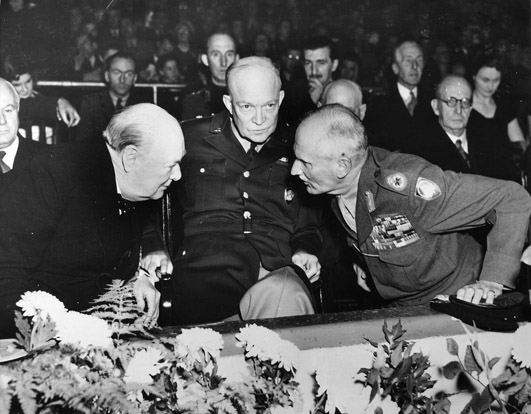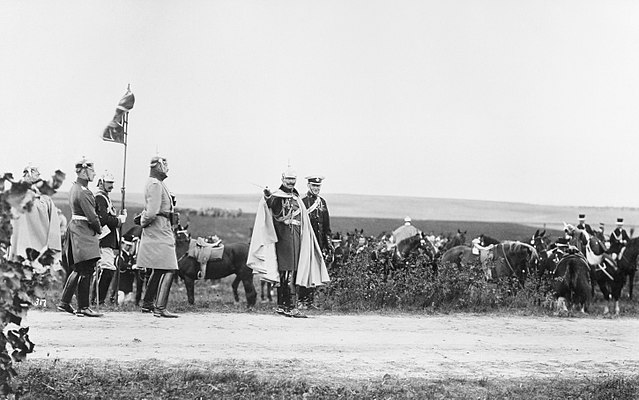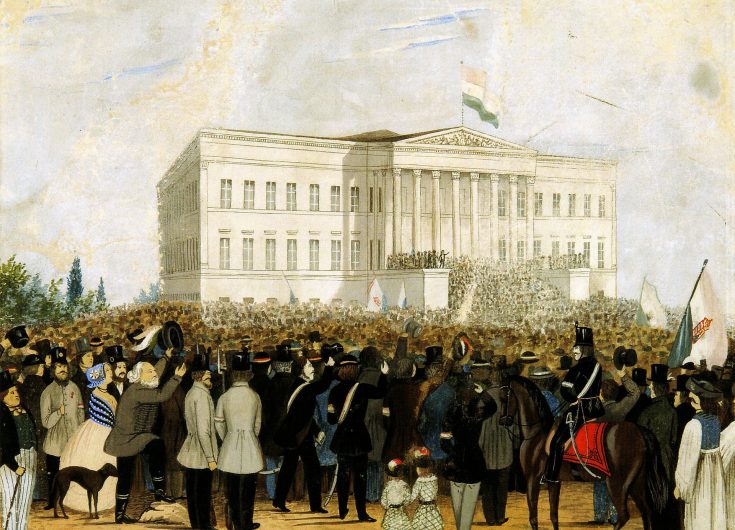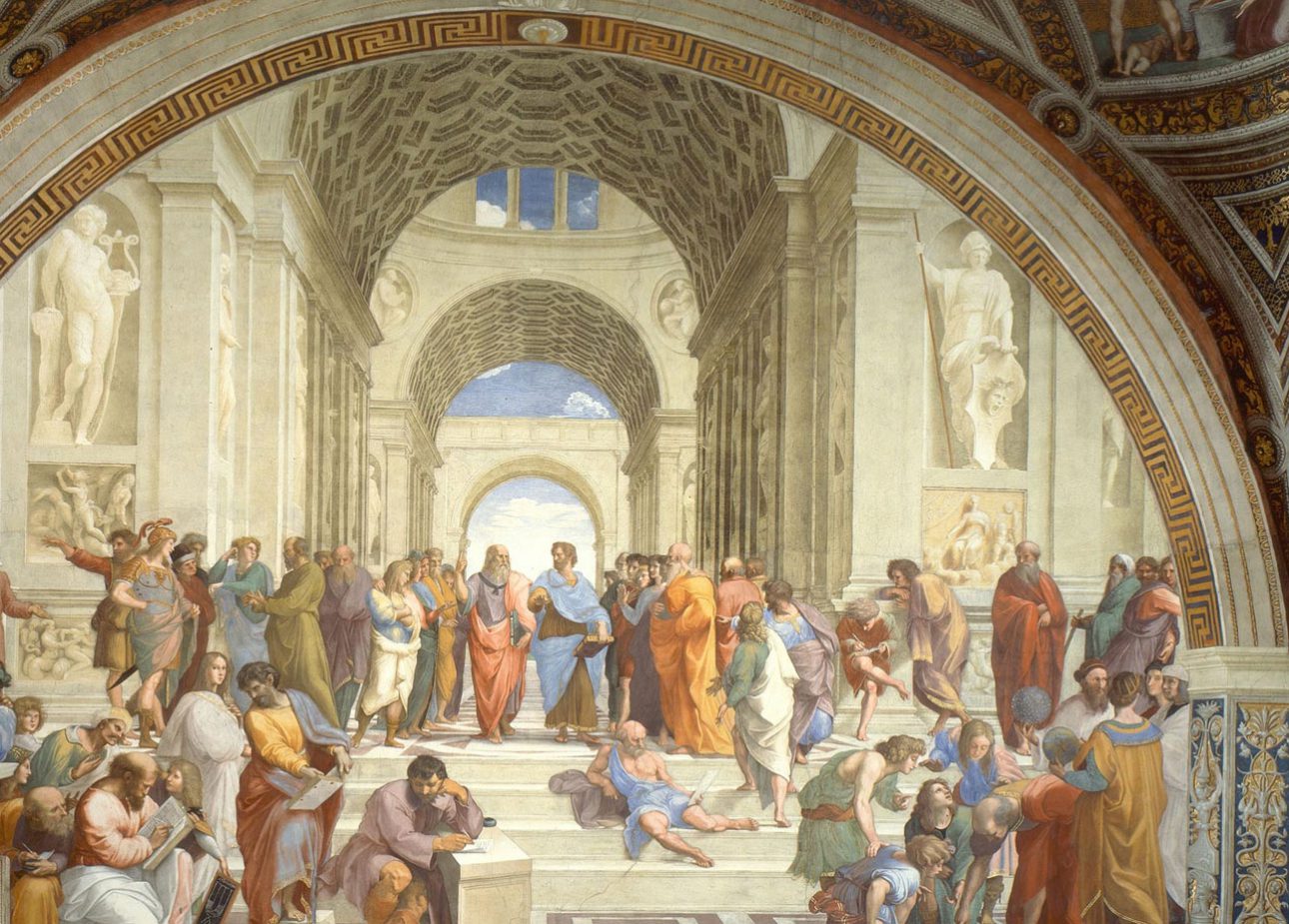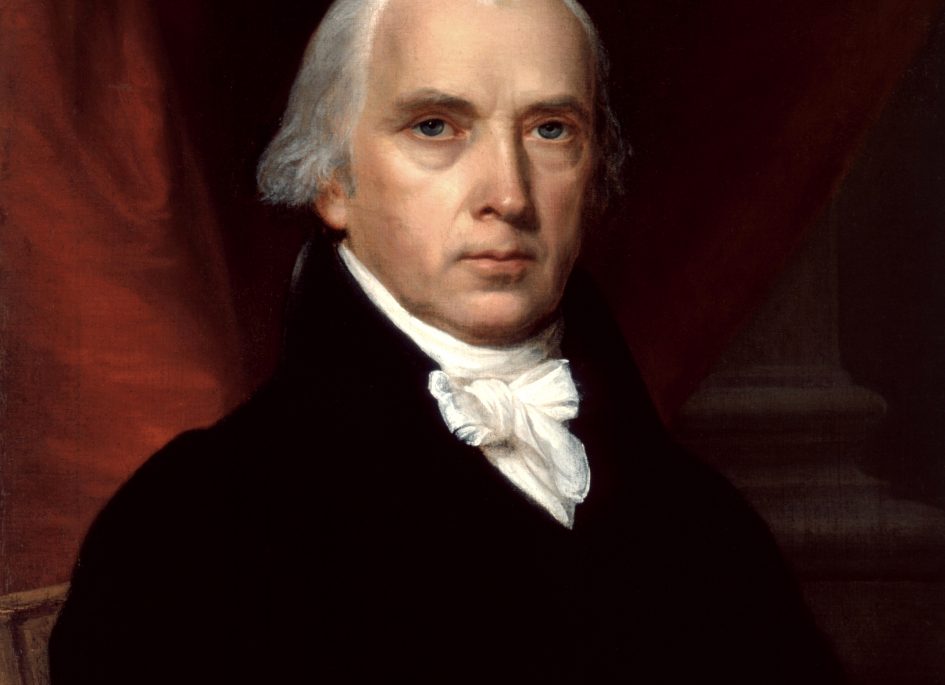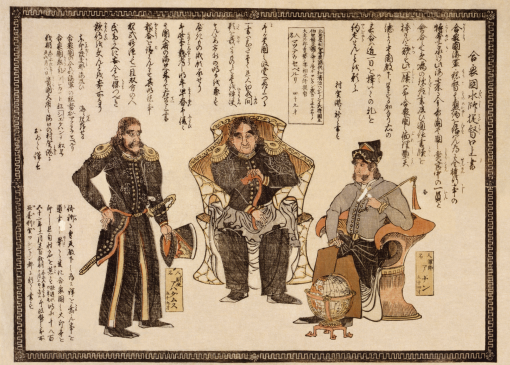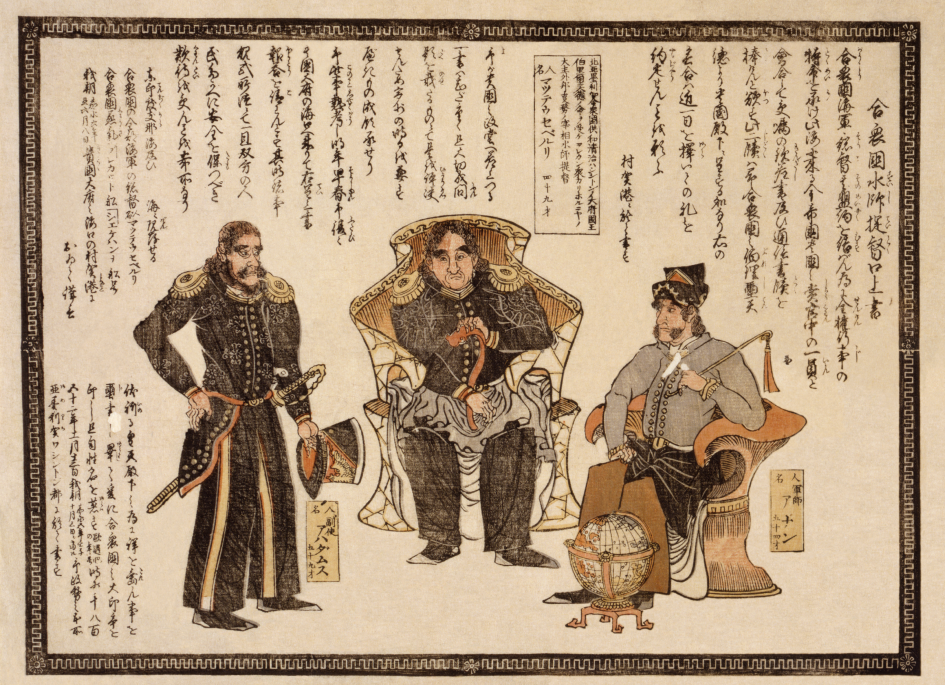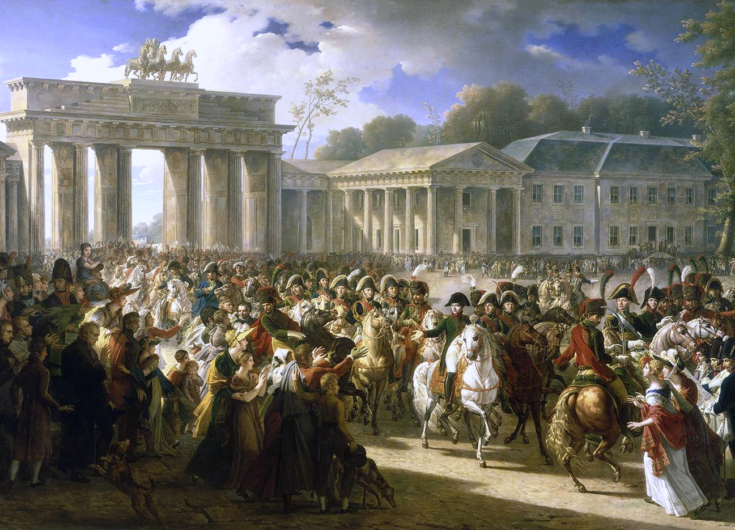The CSD community is an informal, growing consortium of academic institutions, scholars, and practitioners joined together by a common concern for recovering the way of strategic thinking as something anchored within the traditional Humanities or Liberal Arts.
Inspired by the life’s work of Professor Harold W. Rood (1922-2011), and made possible by a diverse cadre of appreciative former Rood students, the CSD project was founded by the late Patrick Garrity, Ph.D (1955-2021) and continues in his memory.


